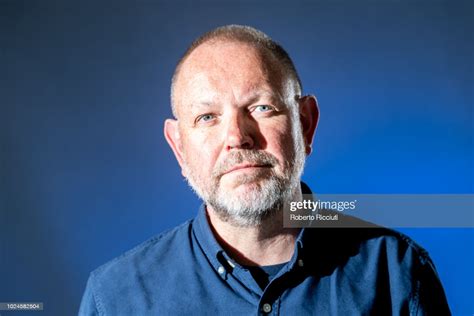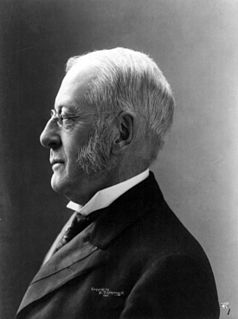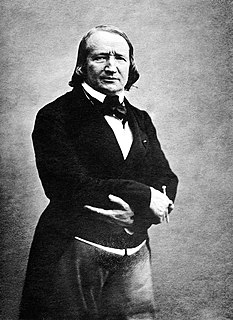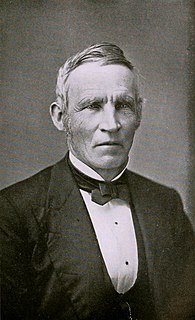A Quote by Thomas Huxley
Give unqualified assent to no propositions but those the truth of which is so clear and distinct that they cannot be doubted. The enunciation of this first great commandment of science consecrated doubt.
Quote Topics
Related Quotes
No doubt, there are those who believe that judges - and particularly dissenting judges - write to hear themselves say, as it were, 'I, I, I.' And no doubt, there are also those who believe that judges are, like Joan Didion, primarily engaged in the writing of fiction. I cannot agree with either of those propositions.
All those formal systems, in mathematics and physics and the philosophy of science, which claim to give foundations for certain truth are surely mistaken. I am tempted to say that we do not look for truth, but for knowledge. But I dislike this form of words, for two reasons. First of all, we do look for truth, however we define it, it is what we find that is knowledge. And second, what we fail to find is not truth, but certainty; the nature of truth is exactly the knowledge that we do find.
It cannot be doubted that theistic belief is a comfort and a solace to those who hold it, and that the loss of it is a very painful loss. It cannot be doubted, at least, by many of us in this generation, who either profess it now, or received it in our childhood and have parted from it since with such searching trouble as only cradle-faiths can cause. We have seen the spring sun shine out of an empty heaven, to light up a soulless earth; we have felt with utter loneliness that the Great Companion is dead.
It's one thing to assent to propositions like 'The way of things is ineffable', and quite another to internalise what it is being gestured at by such propositions, to get a sense or feel for mystery. For me, at least, it is in and through ways of engaging with nature that this sense is intimated. These ways include being in the garden.
You cannot speak that which you do not know. You cannot share that which you do not feel. You cannot translate that which you do not have. And you cannot give that which you do not possess. To give it and to share it, and for it to be effective, you first need to have it. Good communication starts with good preparation.
There are different interpretations of the problem of universals. I understand it as the problem of giving the truthmakers of propositions to the effect that a certain particular is such and such, e.g. propositions like 'this rose is red'. Others have interpreted it as a problem about the ontological commitments of such propositions or a problem about what those propositions mean.





































